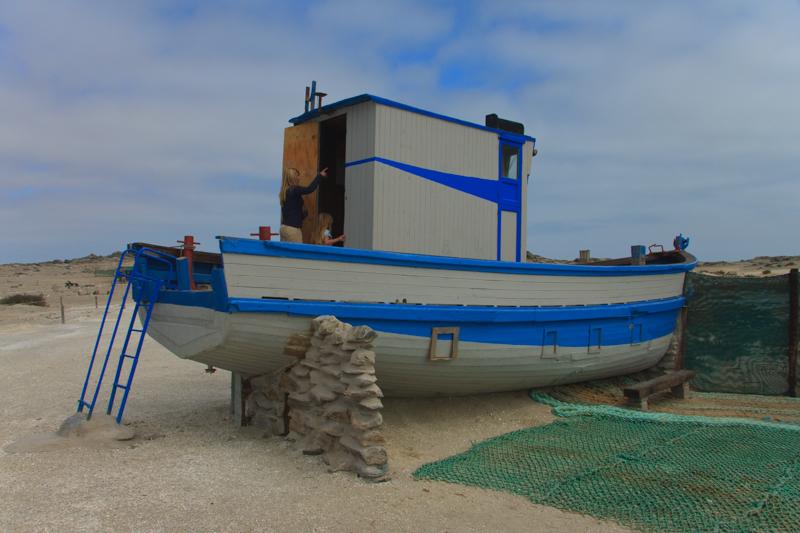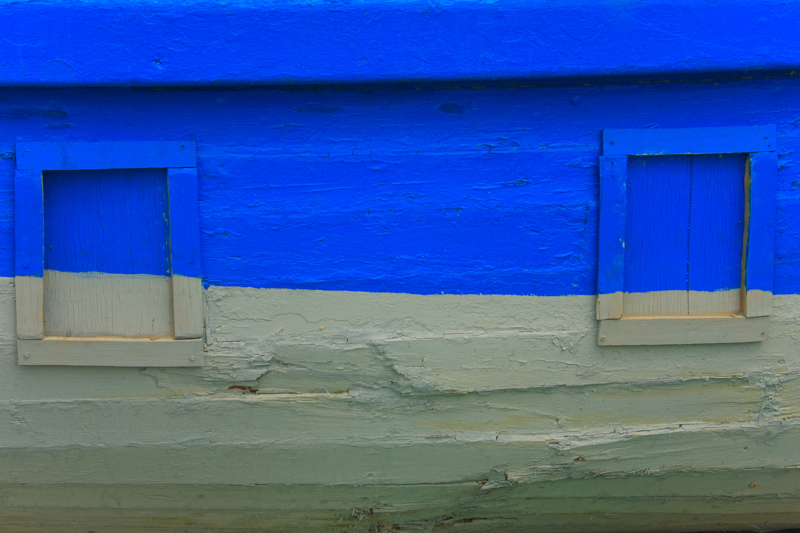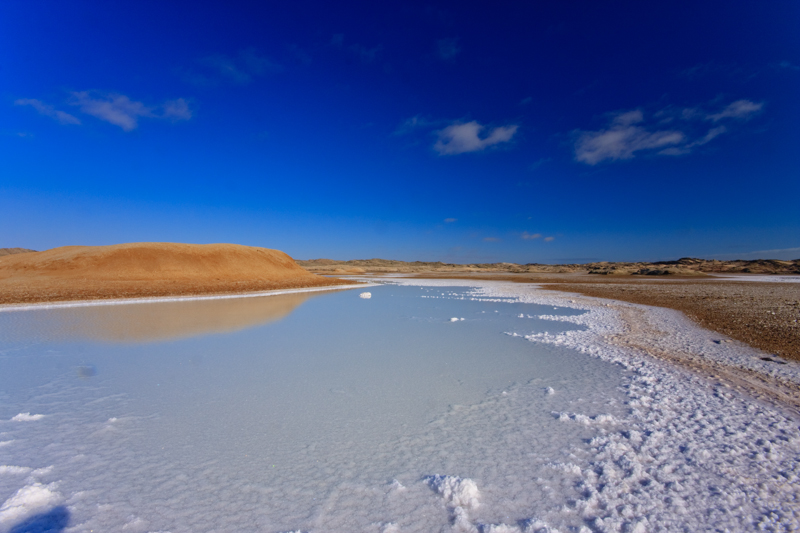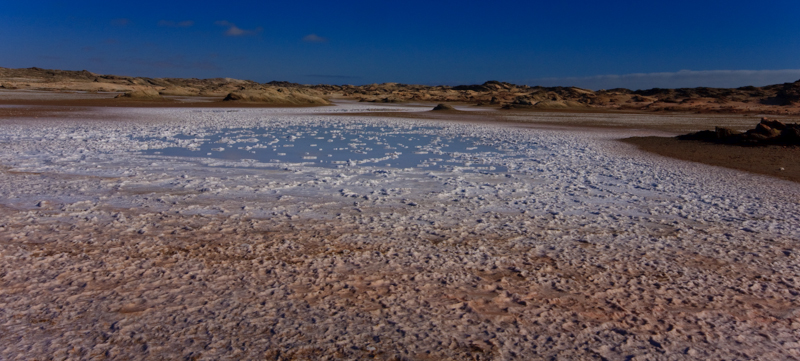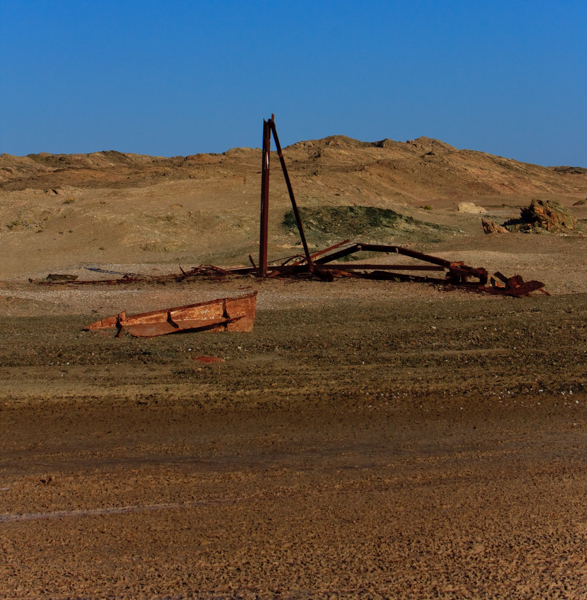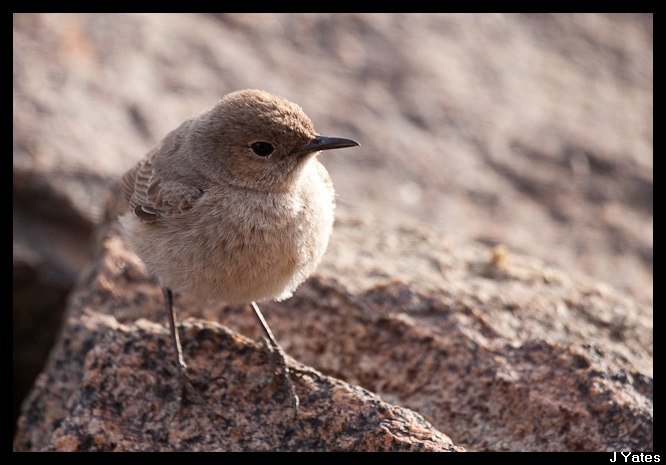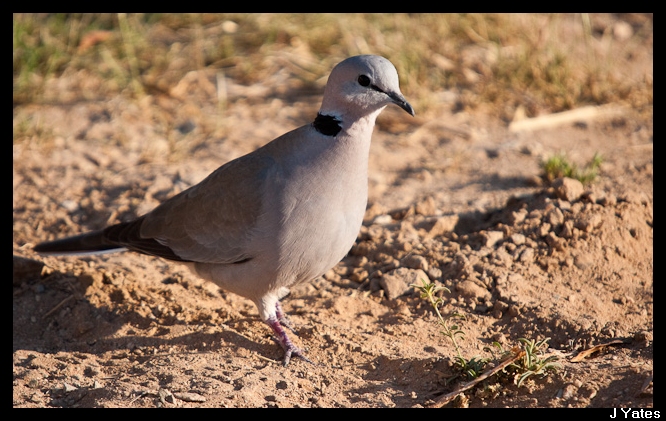time to move north a little.
The bay on which Lüderitz is situated was discovered by Bartolomeu Dias in 1487. He named the bay Angra Pequena (Portuguese: Small Bay) and erected a stone cross on the southern peninsula. In the 18th century Dutch adventurers and scientists explored the area in search of minerals but did not have much success. Further exploration expeditions followed in the early 19th century during which the vast wildlife in the ocean was discovered. Profitable enterprises were set up, including whaling, seal hunting, fishing, and guano-harvesting. Lüderitz thus began its life as a trading post.[5]
The town was founded in 1883 when Heinrich Vogelsang purchased Angra Pequena and some of the surrounding land on behalf of Adolf Lüderitz, a Hanseat from Bremen in Germany, from the local Nama chief Joseph Fredericks II in Bethanie. When Adolf Lüderitz did not return from an expedition to the Orange River in 1886, Angra Pequeña was named Lüderitzbucht in his honour.
In 1909, after the discovery of diamonds nearby, Lüderitz enjoyed a sudden surge of prosperity due to the development of a diamond rush to the area. In 1912 Lüderitz already had 1,100 inhabitants, not counting the indigenous population. Although situated in harsh environment between desert and Ocean, trade in the harbour town surged, and the adjacent diamond mining settlement of Kolmanskop was built.
After the German World War I capitulation South Africa took over the administration of German South-West Africa in 1915. Many Germans were deported from Lüderitz, contributing to its shrinking in population numbers. From 1920 onwards, diamond mining was only conducted further south of town in places like Pomona and Elizabeth Bay. This development consequently led to the loss of Lüderitz' importance as trade place. Only small fishing enterprises, minimal dock activity, and a few carpet weavers remained.
In an effort to remove colonial names from the maps of Namibia, the Namibian government in 2013 renamed the constituency into ǃNamiǂNûs, the native speakers name before in 1884 the Germans called the place Lüderitz was Chanugaub.
Some of the photos of the town are also taken by a friend on the trip.
